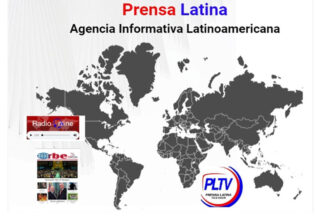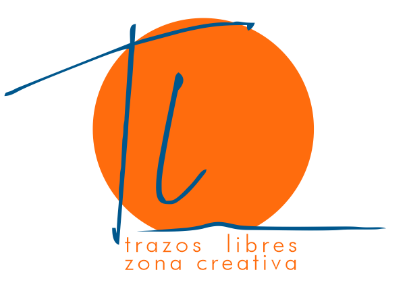The forum was attended by the Minister of Science, Technology and Environment (CITMA) Elba Rosa Perez, the President of the Institute of Physical Planning Samuel Rodiles Planas, and the First Deputy Minister of Economy and Planning Rene Hernandez.
These officials made crystal-clear the Cuban government’s commitment to the implementation of the 2030 Agenda for Sustainable Development and its priority dimensions: economic, social and environmental.
The Deputy Minister of Higher Education Alicia Alonso warned that universities trained professionals in the most diverse areas of development, who are responsible for implementing and enforcing the commitments established in the 17 SDGs of the 2030 Agenda.
Alonso drew attention to the educational programs of the Cuban government and the link of its National Social Economic Development Plan until 2030 (PNDES) with the global Agenda approved by the UN General Assembly in September 2015.
In this regard, she stressed that the areas of study and development of Cuban universities are linked to virtually all SDGs and directly to the six axes that make up the PNDES.
She explained these are: effective and socialist government and social integration; productive transformation and international insertion; infrastructure; human potential, science, technology and innovation; natural resources and the environment; and human development, justice and equity.
Among the current achievements of Cuba linked to the SDGs, she gave an example of how, from 1959 to date, 1,503,467 students graduated in the country’s universities and that in the 2018-2019 academic year alone they were 22,803.
She stressed that Cuban Higher Education institutions maintain 2,520 international cooperation deals, in the country 7,800 foreign students have graduated from 164 countries and 1,078 foreign students are currently being trained from 57 nations in their universities.
ef/omr/jf/mml



















